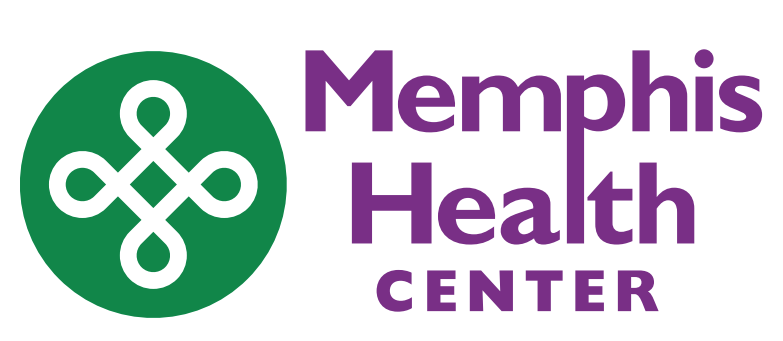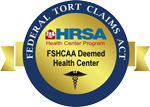Our History
Memphis Health Center (MHC) has provided primary health care services to vulnerable and medically underserved populations since 1970. In 1972, the health center received Federally Qualified Health Center designation for the purpose of funding a clinic to service poor, uninsured, and underserved citizens in Shelby County, TN. In 1987, MHC migrated to Fayette County, TN establishing a third service site, Rossville Health Center.
MHC operates three primary care service delivery sites, one mobile medical clinic, and three homeless centers. Through these service sites, MHC can provide underserved communities and vulnerable populations comprehensive, quality primary and preventive health care services, including pediatric/adolescent, adult medicine, obstetrics/gynecology, oral health, behavioral health, vision, telehealth, radiology, mammogram, HIV, social services, pharmacy, laboratory, and podiatry. Because of the combination of low-income and poor health status, MHC also ensures that patients have access to enabling services, including case management, transportation, outreach, health education, translation/interpretation, and eligibility and enrollment assistance.
MHC cares for patients of all ages, races, and ethnicities regardless of ability to pay and health insurance status. Uninsured patients and patients with high deductibles and/or co-pays may apply for the health center’s Sliding Fee Discount Program, which bases office visit fees on the individual’s annual household income and family size. MHC also accepts TennCare, Medicare, and most commercial health insurance plans.
MHC is recognized as a Patient-Centered Medical Home by the National Committee for Quality Assurance for using evidence-based and patient-centered processes that support access, care coordination, communication, and patient engagement.
Since opening its doors more than 50 years ago, MHC has shown an unwavering commitment to expanding its reach to meet the growing demand for services in areas of highest need while alleviating health care disparities. As health care continues to evolve, MHC desires to expand operational capacity, including enhancing health information technology and physical infrastructure to strengthen its ability to increase access to health care services for people with limited or no access due to their health status, socioeconomic factors, or financial resources.


